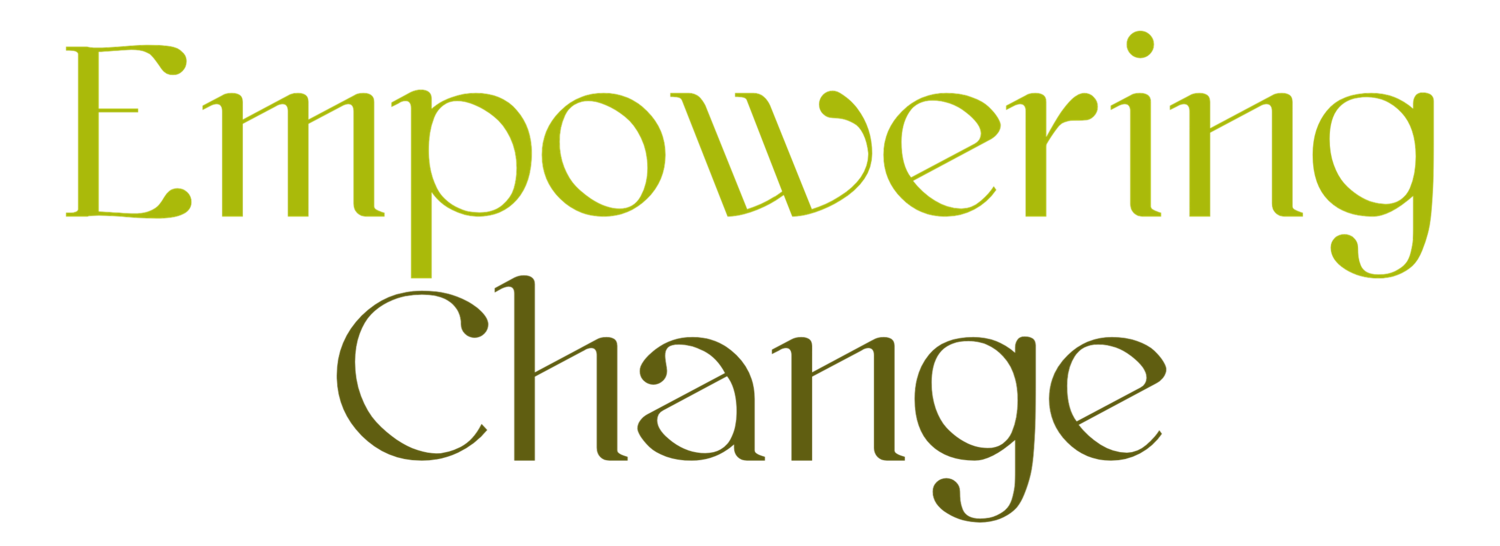“Anonymous was a Woman”…
…and still is – far too often.
This book was a gift from a friend back in the 80s when I was learning to quilt.
I treasured it and gave copies to a cadre of good friends with whom I shared a passion for ‘antiquing’ – or rather scavenging the markets of Lancaster County.
A quick read of this review on Goodreads reflects my experience of it:
“This book is beautifully illustrated with women’s folk art spanning the late 1700’s to the early 1900’s.
The pages are adorned with lovely poetic journal entries of common-day women and girls who created not for prestige or money (mostly unheard of in those days) but to quench the true thirst of the heart.
I found the book endearing and recommend to anyone interested in women artists, folk art, and women’s studies.”
And then there was this one: “Silly title, very good book.”
Which made me think the reviewer didn’t appreciate what I and my scavenging friends had often speculated about when considering the relative value of “women’s work”.
Men’s work was far more highly valued.
Exceptional pair of redheads, Shang Wheeler, Stratford, Connecticut. Sold for $27,500 via Guyette & Deeter (November 2015).
Case and point: Duck decoys!
We’d marvel at the prices – and the dissimilar numbers reflecting hundreds of hours spent stitching vs. carving.
It may well be related to the anonymity of the craftswomen.
Their works, art, painting, poetry, pottery and crafts are almost always unsigned.
The work of men was usually signed.
Women’s art was more often an outgrowth or consequence of meeting the needs of daily life. Men’s handicrafts were more exceptional – taken on in leisure time in pursuit of a passion or pleasure.
It’s not an observation to be judged – it was once the way of the world.
And some women’s handiwork has garnered well-deserved recognition.
Perhaps that’s best illustrated by this mid-19th century quilt – now at home in the Smithsonian Institution.
Ellen Harding Baker (1847–1886) used the quilt – seven years in the making – to illustrate her astronomy lessons while teaching in rural Iowa.
So let me leave you with a request – tell me about an otherwise anonymous craftswoman you know. Let’s celebrate her – and let’s name her.
And let’s all follow the example of Tara Prendergast founder of The Biscuit Marketplace and become a supportive champion of creatives wherever you live.
#CatalysingConnections, #DontGoItAlone
And thank you to the trailblazing founders & early adopters of the Cooley Connect Well initiative for inspiring this post!
For a fascinating read about Ellen Harding Baker – who was born in the same year as Maria Mitchell, America’s first professional female astronomer – I highly recommend Cosmic Threads: A Solar System Quilt from 1876
And for more on needlework, stitching & astronomy –



